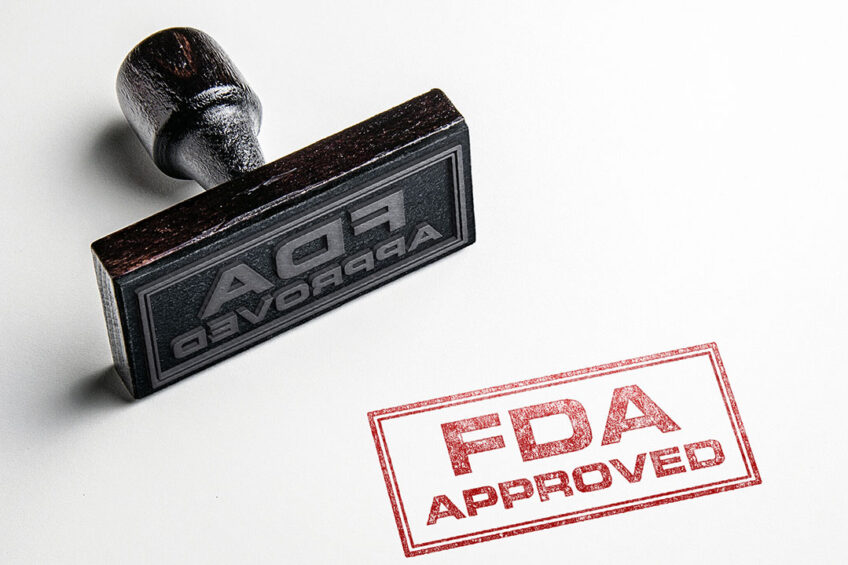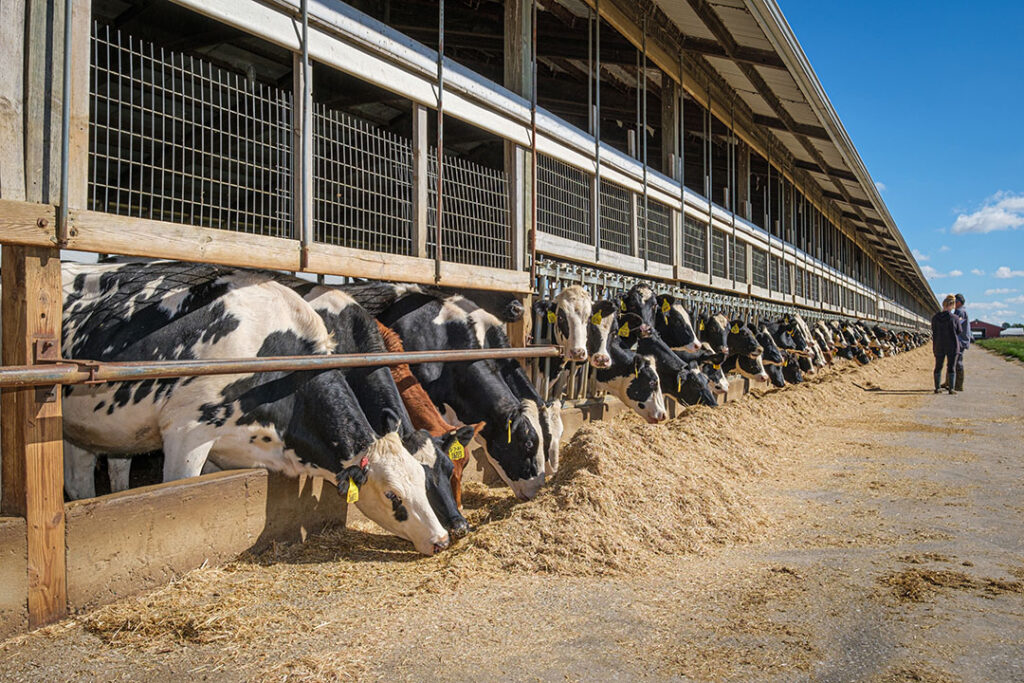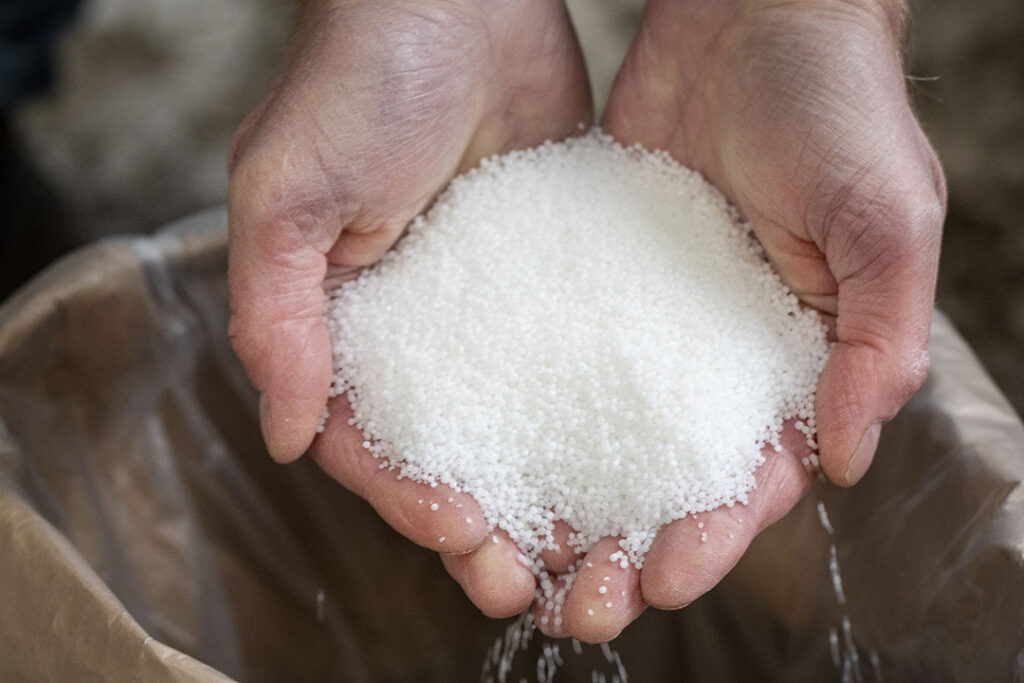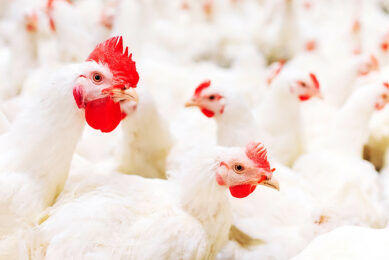The backlog is gone: Update on approval of feed additives in the USA

It was quite a while ago, 2020 to be exact, when the American Feed Industry Association (AFIA) and the US government agreed that in order for the US feed product market to no longer largely be avoided by manufacturers, a more efficient process was needed to approve new ingredients – and the submissions backlog needed to be cleared.
At the time, Leah Wilkinson AFIA vice president of public policy and education noted that an appropriate response and timeframe for review of new product applications was a high priority for AFIA members. Because of the backlog, member companies were avoiding bringing products forward in the USA and going to other markets instead. The USA was falling behind other countries with regard to the updated range of feed ingredients being used in the rest of the world, she said, to the detriment of livestock farmers, animals and the environment.
The economic cost of lack of new products
In 2021, Wilkinson pegged lost revenue for feed ingredient manufacturers resulting from the backlog at US$1.75 million for every year a product approval was delayed. However, there were also losses (impossible to calculate) that livestock producers have experienced because they and their animals did not have the benefits of these new products sooner.
Bringing on additional reviewers
The US Food & Drug Administration (FDA) took action, onboarding 12 additional reviewers at its Center for Veterinary Medicine’s Division of Animal Feeds. AFIA was very pleased. The new reviewers, a diverse group of toxicologists, microbiologists, animal scientists, chemists and veterinarians, learned everything to do with regulatory processes and legal review, from studying and from experienced colleagues. “The situation has been rectified very effectively,” says Wilkinson. “Due to the pandemic, the FDA had to reconfigure processing of submissions to be done remotely, and also replaced retirements. They’ve indicated to us that their internal deadlines are being met in a timely manner.”
There are still delays in some applications
“Parts of some submissions are not correctly formatted, might be slightly incomplete or unclear, things like that,” Wilkinson explains. “We’re working here at the AFIA to do a better job at telling our members how to submit so that they provide what FDA requires the first time, instead of having a back-and-forth that wastes time. Every time a reviewer has to go back to the company for more data or with a question about data, that reviewer moves to another task on another file while waiting for the company to respond, and generally finishes that task before returning to the first file, no matter how fast the company provides what’s needed.”

New pathway to approval
Historically, there have been 3 pathways to approval for new products. A company can submit an application under the food/feed additive category or under the AAFCO definitions (Association of American Feed Control Officials) category. Companies can also submit a product under the GRAS (Generally Recognized As Safe) notification pathway, where a company makes its own determination of safety and the FDA either agrees or does not agree.
However, applications for new products, up until now, could only include claims relating to taste, nutrition or aroma. “This means companies that create new ingredients that commonly have other benefits related to health and efficiency and the environment – and with the science to prove those benefits – weren’t able to make claims related to those benefits,” Wilkinson explains. “So, we were very pleased that the FDA in 2020 started reviewing this interpretation of the regulatory policy so that substances that improve production or reduce environmental impact can have associated claims and be regulated as feeds when appropriate. This is another way the USA has been severely lagging behind other countries.”
Furthermore, the legal policy has also required that any claims except for taste, nutrition and aroma were considered by the FDA to be those related to a drug – for example a product that reduces animal methane emissions or improves their gut microbiome. As one would guess, the drug pathway approval is more onerous than the one for feed ingredients – and also involves aspects that don’t apply to feed ingredients.
“So again, we had a situation where company members did not put in applications seeking approval for these types of products in the USA,” says Wilkinson. “However, the FDA sought public engagement in the fall of 2022 and has studied the policy.”
Claims related to production
At this point, Wilkinson reports that the FDA has determined it has the power to change the policy for claims related to production. These claims would include products that boost feed efficiency or dry matter intake, and these products must work through the digestive tract of an animal and not need to be given as a systemic drug. However, the FDA has also determined that claims related to food safety, gut microbiome improvement or environmental improvement cannot be regulated by the FDA as a food additive until legislation is updated.
The FDA has previously stated that it’s important in a regulatory sense that claims are truthful and do not mislead producers in any way. The agency also stressed that any updated framework would need to be rolled out in a fair way, so that claims for existing products and new products are accommodated in an appropriate and integrated manner.
Innovative Feed Enhancement and Economic Development Act
To move this forward, AFIA has worked with legislators. In June 2023, the Innovative Feed Enhancement and Economic Development Act(IFEED) was introduced in the Senate (bills can be introduced in the USA in the Senate or in the House of Representatives and are often referred to as acts, even though they are bills). This bill, if passed, will establish a regulatory pathway for a new category of animal food substances that act solely within animals’ gut microbiomes or in the feed they are digesting to provide a wide range of benefits.

However, IFEED was added as part of another bill, but was removed when Congress passed the final legislation.
The AFIA didn’t give up. “We have shown this bill is needed by feed industry and livestock industry,” says Wilkinson. “Our competitors in other countries have already modernised and we need to keep up in terms of efficiencies, health and welfare of animals, food safety and protecting the environment. We have about 140 companies who are listed in a letter of support for this legislative update.”
On 7 December 2023, the AFIA received good news, 4 Representatives in the House introduced IFEED as an amendment to the Federal Food, Drug and Cosmetic Act.
“If passed, it will enable the FDA to modernise its outdated 1998 Policy and Procedures Manual Guide 1240.3605, and feed additive manufacturers will be able to claim non-nutritive benefits on labels without, as mentioned, navigating the FDA’s arduous drug approval process,” Wilkinson notes.
“As mentioned, the products in question are already available under non-nutritive benefit claims in dozens of countries, where farmers and animals are benefiting from improved animal production, well-being, reduced pre-harvest food safety concerns and a smaller environmental footprint. We are hopeful it will be passed and enable the US feed industry and our livestock farmers to catch up with other countries.”
Canadian changes
In Canada, the Canadian Food Inspection Agency (CFIA) is in the process of allowing gut modifiers to be introduced as a new livestock feed category. A consultation was held in 2022. “In particular, there was strong support for this category as it includes the consideration of environmental benefits as livestock feed claims,” stated the CFIA, “such as methane reduction. In addition, many comments highlighted the need to correct the use of the term ‘specialty feed’ to align with the definition in the proposed new Feed Regulations; the guidance text has now been modified accordingly.”
The final version of the guidance for registration requirements for gut modifier products was released in the spring of 2023.











